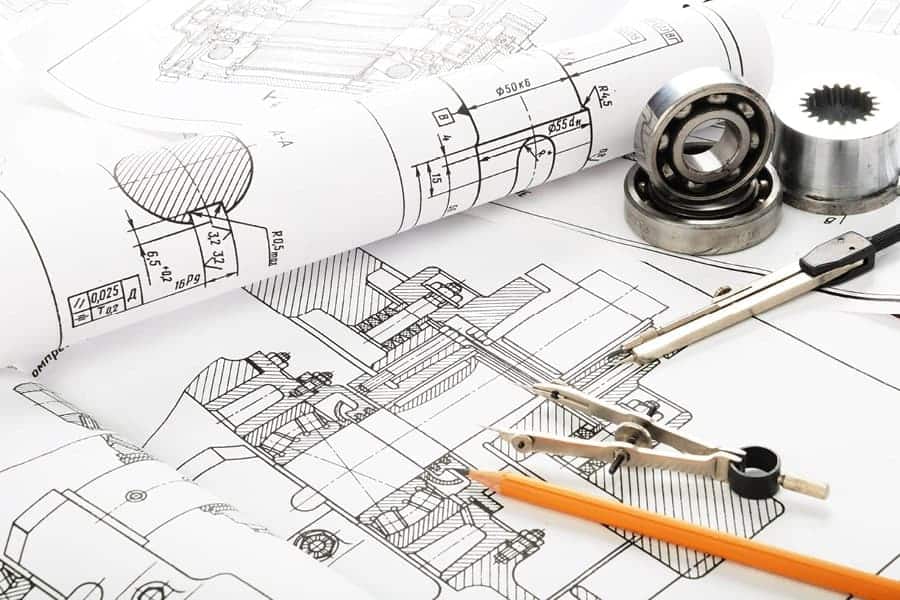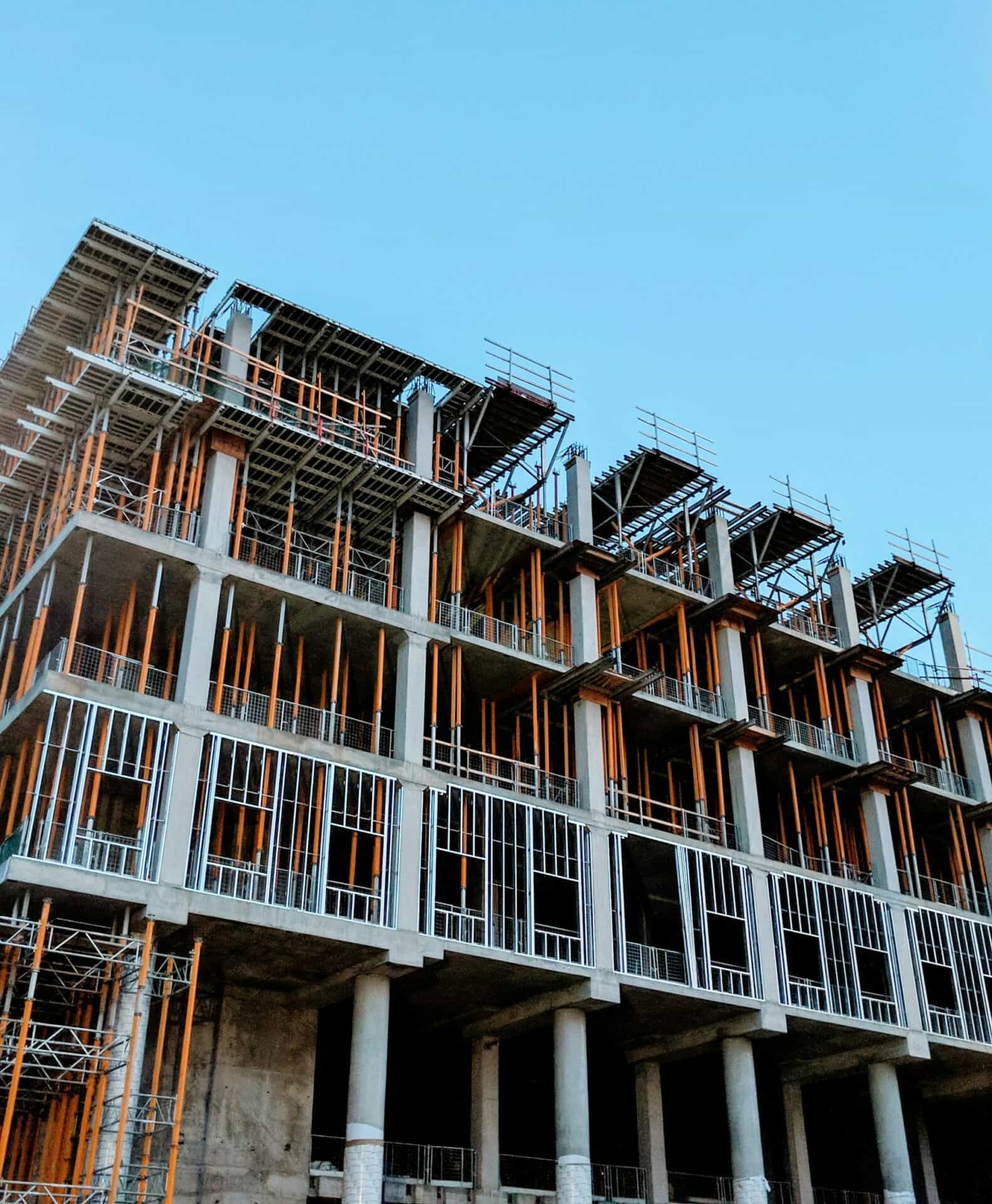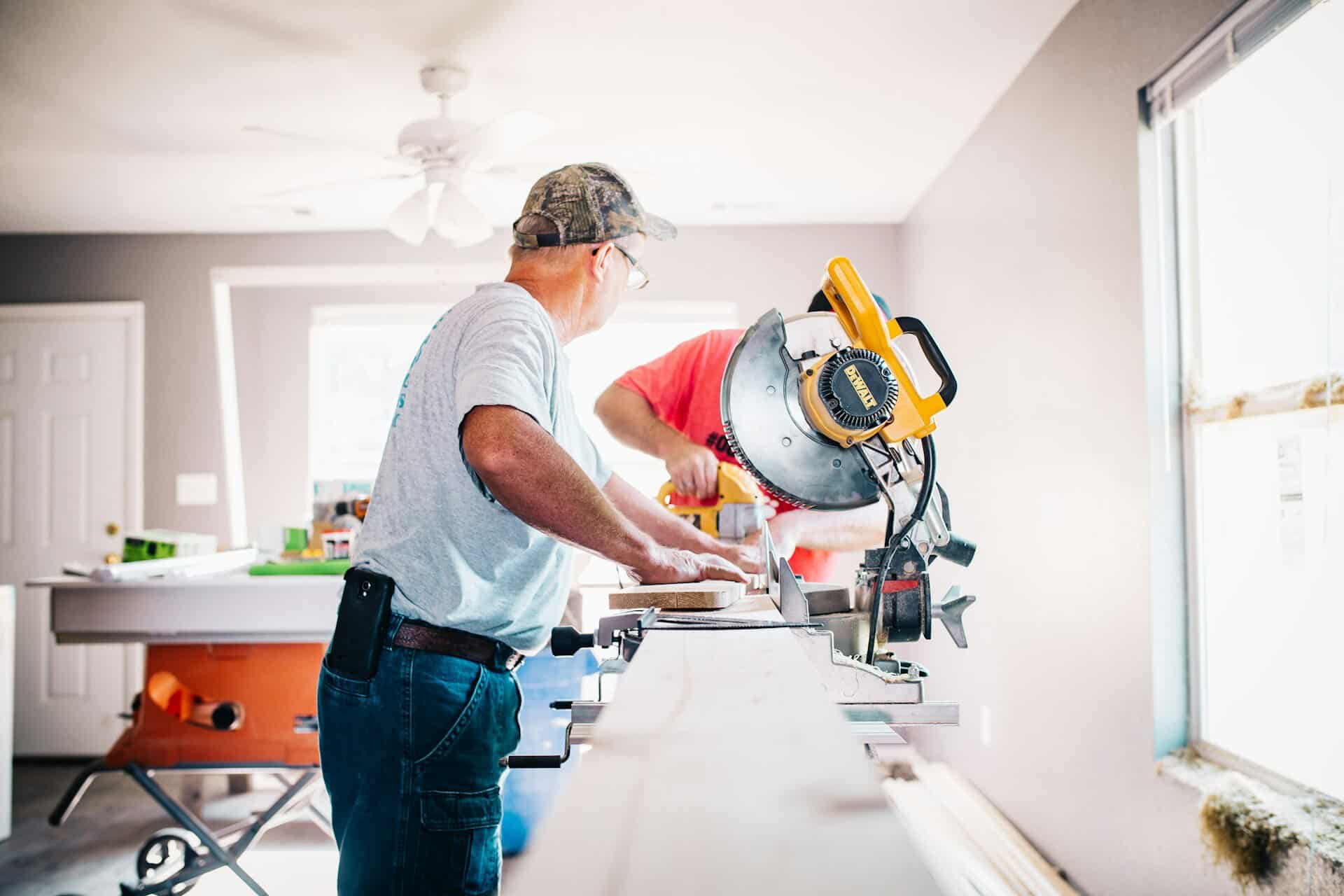A Quantity Surveyor is a professional who provides advice on all aspects of construction costs, from estimating and tendering to contract administration and project management. They work with clients, architects, engineers, planners, and other professionals to ensure that construction projects are delivered on time, within budget, and to the required quality standards.
However, while Quantity Surveyors play an important role in the successful delivery of construction projects, that’s not all they do. For example, a Quantity Surveyor is incredibly valuable for boosting your investment property tax deductions.
So, to help you understand the benefits of engaging the services of a Quantity Surveyor, we’ve put together this article to explain everything you need to know about how they can help you take full advantage of depreciation deductions for your investment property and provide a full range of construction cost estimating for various building projects.
What Are Quantity Surveyors?
A quantity surveyor is a qualified construction expert who calculates an estimate of construction costs for a construction project. This can include residential, commercial, or industrial buildings and infrastructure.
But that’s not all they do.
A Quantity Surveyor’s expertise also applies to tax, depreciation deductions, council approvals, and even bank lending for construction finance.
To qualify as a quantity surveyor in Australia, an individual must have completed an accredited tertiary qualification.
Quantity Surveyor courses, such as a bachelor of construction management, are accredited by the Australian Institute of Quantity Surveyors (AIQS), the professional standards body for quantity surveyors.
After completing the necessary course work, qualified quantity surveyors must complete two years’ worth of on-the-job training (logbook experience) and undergo a professional competence interview to become an Associate or Member of the AIQS.
What Does a Quantity Surveyor Do?
A Quantity Surveyor is a construction professional who is responsible for measuring, cost estimating, and management of construction projects. However, Quantity Surveyors don’t only specialise in construction costs, they are also tax depreciation experts.
Construction Management and Construction Project Estimations
As one of the financial advisors in the construction industry, a Quantity Surveyor’s job is to estimate and monitor construction costs from the planning stage of construction projects right through to their completion.
Essentially, they are responsible for calculating the number of materials required for a particular construction development and how much they will cost. There are various reports available to help you estimate construction costs, including:
- materials;
- contractors; and
- labour.
A certified Quantity Surveyor can also provide an initial cost report for bank lenders that gives a detailed cost breakup of the project and identifies any risks associated with the proposed development before the building works commence.
Not only are these cost estimator reports necessary to proceed with your construction project, but they are also an extremely valuable tool when it comes to the construction process. Having a construction cost estimator team on your side means that you can:
- effectively estimate costs;
- mitigate risks to the best of your ability, and
- determine the overall success of the project prior to the build even starting.
For more information on how our construction professionals can assist you with various cost estimate reports, visit our services page.
Depreciation Experts
Quantity Surveyors are also recognised by the Australian Tax Office (ATO) as one of the few expert professionals qualified to compile tax depreciation schedules for both residential and commercial property investors who want to claim depreciation deductions.
Quantity surveyors, who are proficient depreciation experts, are an invaluable asset when maximising your return on your property investment.
How? By assessing the depreciable assets on a rental property, including the building and the fixtures and fittings that make up a rental property.
What Is Property Tax Depreciation?
Depreciation refers to the wear and tear of your assets. The decline in value is known as depreciation.
Example:
Joel purchased a brand-new washing machine in March 2019 for $1,500. As soon as he began to use his washing machine, it lost a percentage of its value.
Each year that Joel owns the washing machine, it will continue to lose value. So, if he decides to sell it five years from now, it’s not going to be worth the $1,500 he paid for it.
The same principle applies to your property building, too. As your investment property gets older, it’s subject to a certain amount of wear and tear and a subsequent decline in value.

The above table is drawn from our sample tax depreciation schedule and indicates the two investment property tax depreciation components – capital works and plant and equipment.
While depreciation may not sound like it’s anything to get excited about, most first-time property investors don’t realise it’s an extremely valuable tool for tax minimisation.
Here’s why – the ATO allows you to deduct the depreciation loss against the income generated from your investment property. This means that you can claim depreciation as a tax-deduction expense.
For the ultimate guide on investment property tax deductions, read more here.
So, Why is Quantity Surveying Important?
The ATO is not just going to take your word for it when it comes to estimating the cost of things in your investment property.
Your accountant does not necessarily have the expertise to estimate the cost of materials and labour in construction methods.
In other words, an accountant can only complete tax depreciation schedules if the cost of your assets is known.
Example 2:
Morgan has lost the invoice for her built-in oven but thinks it costs her around $3,500, so she will try and claim depreciation against the appliance.
The ATO wants to avoid these kinds of claims, especially if the property or fixture isn’t actually worth what it is being claimed for. As a result, they have employed strict guidelines for the submission of tax depreciation reports.
The Tax Commissioner issues a Tax Ruling, a document that outlines the effective life and depreciation rates of assets you would claim for tax depreciation.
Currently, this is called Taxation Ruling TR97/25, which allows property investors to assess depreciation on their investment property, provided that they appoint an appropriately qualified quantity surveyor.
A quantity surveyor will come and assess the value of your investment, including the value of the actual building as well as all the fixtures and fittings within the property. They will then provide you with a tax depreciation schedule.
Here is an example of a quantity surveyor’s assessment of an investment property, which includes the value of the building and all its fixtures and fittings:

What Is a Tax Depreciation Schedule?
Also known as a depreciation schedule, a quantity surveyor report details the claimable tax deductions available to you for the annual depreciation of your investment property.
The tax depreciation schedule outlines your claimable deductions for:
- Plant and Equipment (Division 40): items that are easily detachable from the property and generally have a shorter expected life span. In other words, these are the fittings and fixtures within your investment property.
Examples include air-conditioning units, electric garage doors, and ovens.
- Capital Works (Division 43): items that make up the building and are fixed to the building. Examples include built-in wardrobes, retaining walls and fences, as well as basins and sinks.
For a sample of the depreciation report, click here.
Generally, a quantity surveyor will come out to your investment property and conduct an extensive inspection to identify and classify the Capital Works and Plant and Equipment items for their report.
The report details the property’s age, the materials it was built from, and the fixtures and fittings inside the house. The quantity surveyor will place an estimated value against each item, and then they are depreciated subject to their value and age.
The below schedule is drawn from our sample report and is a table that indicates how each Plant and Equipment item was depreciated:

Once the quantity surveyor report (or depreciation schedule) is complete, you can simply hand it over to your accountant to submit with your annual tax return.
And the bonus news is that the quantity surveyor fees and the accountant fees are also both tax-deductible expenses – a great incentive to hiring qualified professionals to help maximise the return on your investment property!
Why Choose Duo Tax?
Over time, your investment property will depreciate.
However, the good news is that the depreciation on your investment property is a significant tax-deductible expense. In fact, it’s the second-largest tax deduction for your investment property after interest on your loan.
To maximise the benefits available to you, the deductions for the depreciation of your investment property must be accurately assessed by an expert quantity surveyor who specialises in tax depreciation.
That’s why when we assess something as simple as concrete, it’s more than meets the eye. A square metre of concrete is worth $100. However, to arrive at this, we need to break down each component that makes up a square metre of concrete:
- Excavation of the area
- Provision of sand underlay
- Termite protection and lay builder’s film
- Formwork to support concrete pour
- Concretor to provide the appropriate finish
This level of detail allows Duo Tax Quantity Surveyors to work in conjunction with your accountant to achieve the best possible outcome.
It’s important to look at how much an investor can claim and strategise how to claim it as fast as possible for you. After all, cash flow is vital in the earliest stages of any rental property.
At Duo Tax, our Quantity Surveyors not only strive to be class leaders in tax depreciation, but most importantly, we’re a team of avid property investors who are keen to help other property investors save thousands of tax dollars every year.
As property investors ourselves, we realise that there is a lack of awareness of the tax depreciation opportunities for so many individuals.
That’s why our team of ambitious Quantity Surveyors at Duo Tax wants to help you get your tax depreciation schedule as quickly as possible and with as much savings as possible.
We are a small team with nationwide assessors who handle residential properties, commercial properties, and even overseas properties. This means you will deal with one person from start to finish – no more reference numbers, no more queues!
To find out how much you can save, get in touch with us today.

Ready to get started?
Talk to one of our friendly property experts to get a free quote or more Information.










